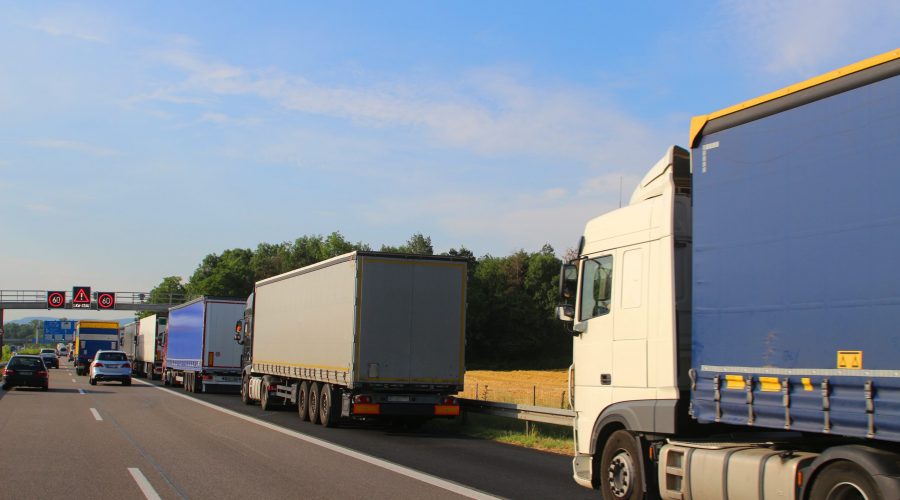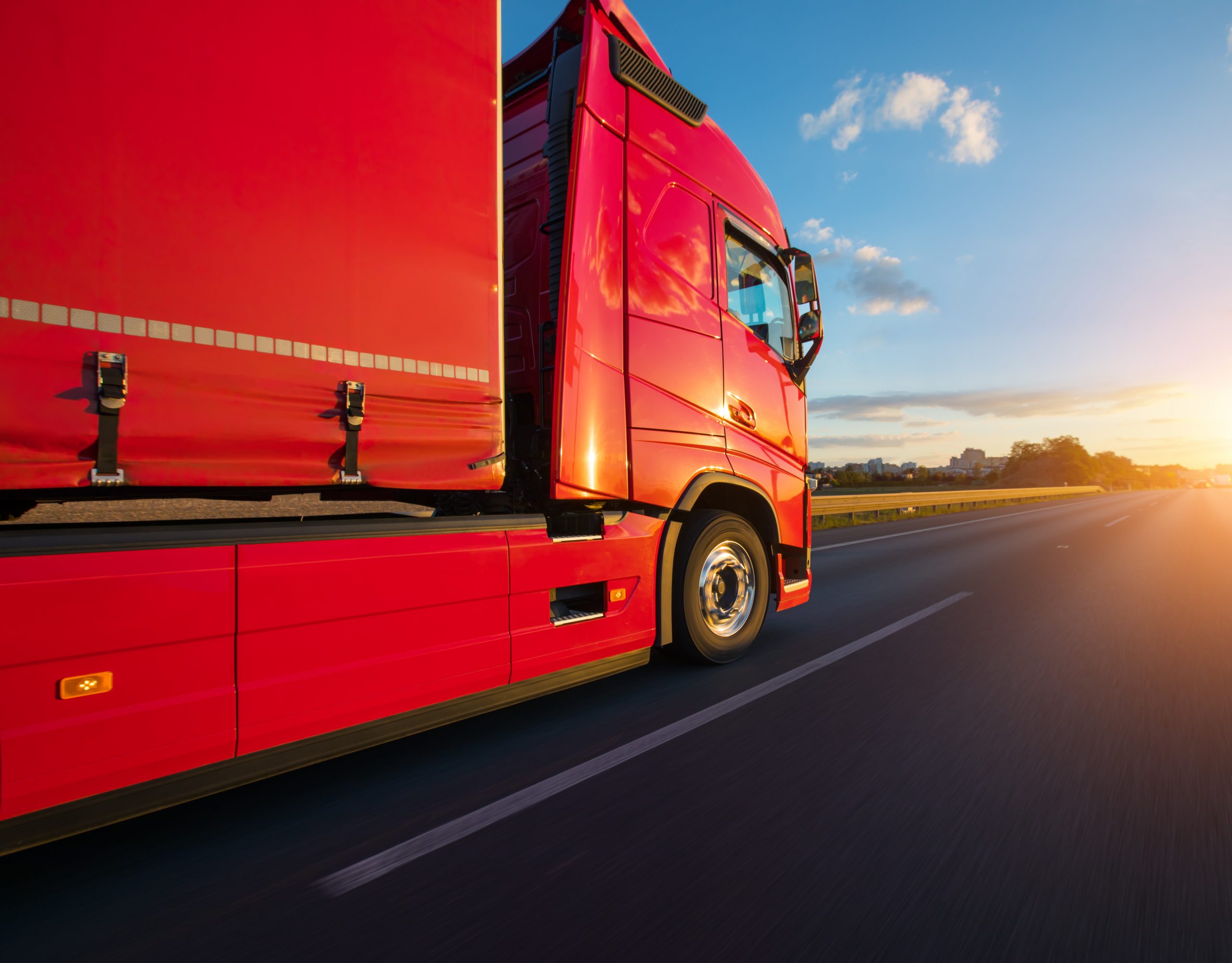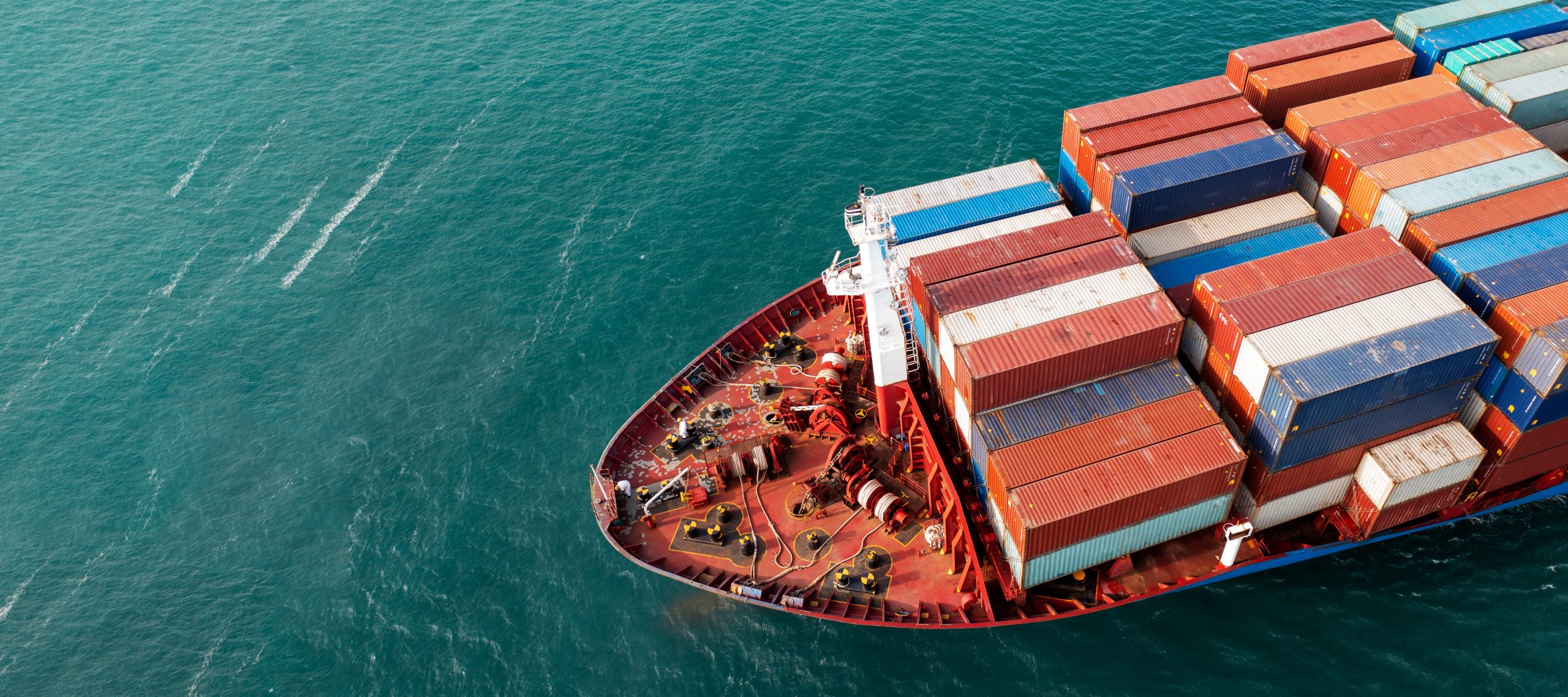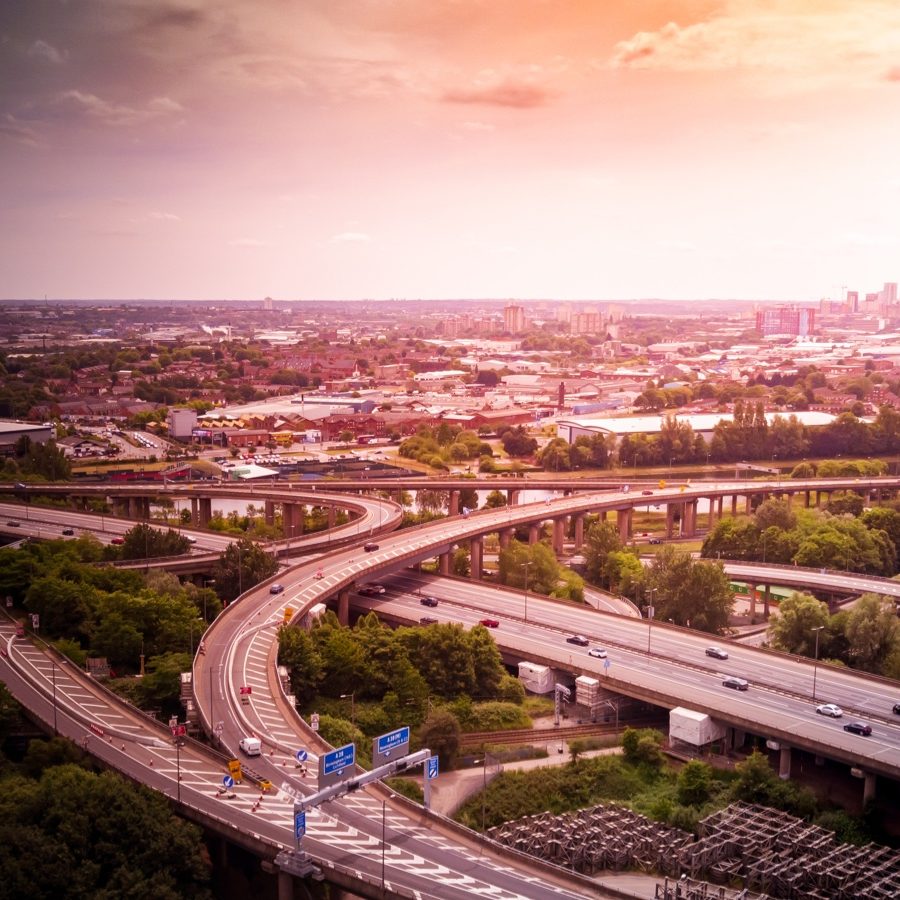
Customs Clearance – A Basic Guide
Customs Clearance Defined
Essentially, customs clearance represents a mandatory process covering all goods that are imported into or exported from a country. It’s a process that necessitates an array of documentation to be submitted, in addition to the payment of VAT, duties and other costs relating to testing and storage.
What is the typical duration for customs clearance completion?
Generally speaking, customs clearance completion can be achieved in under an hour, but by the same token, if there’s any missing documentation or or inspections required, it can take weeks. In the event of this happening, goods are held in place while the inspections and documentation are sorted out.

What is the procedure for calculating customs charges?
Below, we’ve detailed how customs charges are determined…
VAT – Usually, this cost is related to the cost of the goods themselves, the duty and the shipping. When added together, it’s referred to as the ‘Taxable Import’, with the rate charged varying from country to country. Currently in the UK, VAT is 20%.
DUTY – This levy is one imposed on all goods being imported by the nation in question. It’s typically worked out as a percentage of the value of the goods and categorised by a set duty rating in line with its commodity code. See HMRC’s Trade Tariff website for more details.
ANTI-DUMPING DUTY – Particular goods may incur what’s known as ‘Anti-dumping’ duty. This is a levy applied when a nation seeks to safeguard the domestic manufacturing of that product, by preventing the same goods being imported more cheaply than the native rate. To find out which goods incur this tax, you should visit the Trade Tariff website that features regular updates of the products and their associated duty.
EXTRA COSTS – There are other additional costs that are incurred when goods become held in customs. This can be for services such as X-Rays to determine whether the goods meet quality, trading or safety standards. Storage costs can also be incurred when they are held for a duration that exceeds the set ‘free’ period.
How are customs fees paid?
The majority of import/export companies will have either a broker or freight-forwarder that settles customs fees for them, on their behalf. Should the shipments be managed by the importer themselves, an invoice showing the charges will be issued after the goods have arrived. These fees need to be settled prior to shipments being allowed to proceed onwards.
There are occasions when someone else (i.e. not the importer) will be liable for payment – which sometimes happens when an incoterm agreement has been reached between the importer and supplier.
Duties can be deferred by applying to the HMRC – something that can be used to delay most forms of customs fees. There are certain customs procedures that allow logistics partners to assist in this application process, or indeed, offer advice about the merits of applying to begin with.
Is It Possible to Claim Back Customs Duty?
No, it’s not possible to claim back import duty, however, VAT can be reclaimed by VAT-registered importers. This can represent a major sum, as VAT accounts for 20% of all costs incurred by UK importers. Please refer to HMRC for additional help with claiming back import VAT.
Can You Avoid Paying These Duties?
Actually, no. It’s against the law to make false declarations about the worth or commodity category with a view to reducing taxation. That said, a number of relief schemes exist that can be used to legally reduce or eliminate duty altogether. To qualify for a scheme like this, criteria must be met relating to country of origin, product type and intended use.
The UK’s Generalised Scheme of Preferences (GSP) is the primary duty relief scheme – one that replaced the EU’s GSP at the start of 2021. This permits goods imported from particular nations to either be exempt from duty or eligible for a reduced customs rate. It’s basically designed to assist businesses trading in developing nations.
The simplest method of determining if you are exempt is to check the Trade Tariff website and select the relevant commodity code. This page will show all relevant information with regards to country exemptions and restrictions.
A variety of schemes exist that can lead to exemptions, depending on the type of product, what it will be used for and how long it will be used for that purpose in its country of destination.
They include:
- Bonded Warehousing : It’s possible to store goods in customs warehouses on a VAT-free and duty-free basis until they’re able to be forwarded on.
- Outward Processing : This allows exported goods destined for other non-EU nations for repairs/processing to enjoy partial or total duty relief when returning back to the United Kingdom.
- Inward Processing : Partial/full duty relief for goods imported to the UK for repairs/processing before exporting to EU/non-EU countries.
- Tariff Quotas & Duty Suspensions : Duty relief is also available for goods that have been imported with a view to being used as a raw material by UK companies (depending on whether the particular goods aren’t able to be sourced in large enough quantities inside the EU).
- Temporary Admission : applicable when products are being imported for a specific short-term purpose e.g. conventions & exhibitions.

Is there much documentation involved in clearing customs?
The amount of documentation necessary to clear customs will depend very much on the country involved, however, the following apply in most cases…
Documentation For Export:
- Buyer’s purchase order
- Packing list
- Air waybill/bill of lading
- Certificate of Origin
- Sales invoice
- Additional documentation needed by the buyer or as detailed in a ‘letter of credit’
Documentation of Import:
- Supplier sales invoice
- Packing list
- Purchase order
- Air waybill/bill of lading
- Certificate of Origin
- Additional documentation needed by the buyer or ‘letter of credit’ terms
It’s also necessary to obtain an import/export licence for particular goods, something that sets restrictions on the quantity of goods that enter/leave a nation over a set duration (normally 12 months). Licences are issued by various different departments within the government, with the appropriate one depending on the cargo type.
Which Types of Goods Need a Licence?
In the main, goods don’t need an import/export licence to be obtained, however, there are certain heavier or dangerous goods that may.
Goods that may require a licence include:
- Pharmaceuticals
- Blood
- Ammunition & firearms
- Iron or Steel (from specific nations)
- Nuclear materials
- Endangered species
- Certain foodstuffs like poultry, milk & meat.
- Livestock
- Fur
Waller Transport Customs Clearance
At Waller Transport, we provide an all-encompassing customs clearance service that takes care of everything for you. We can help with logistics, administration and all necessary red tape to ensure your goods get to their destination in good time.
Irrespective of whether you’re in need of one-off assistance for a shipment or ongoing support from a long-term customs partner, our team is ready and waiting, so don’t hesitate to get in touch
